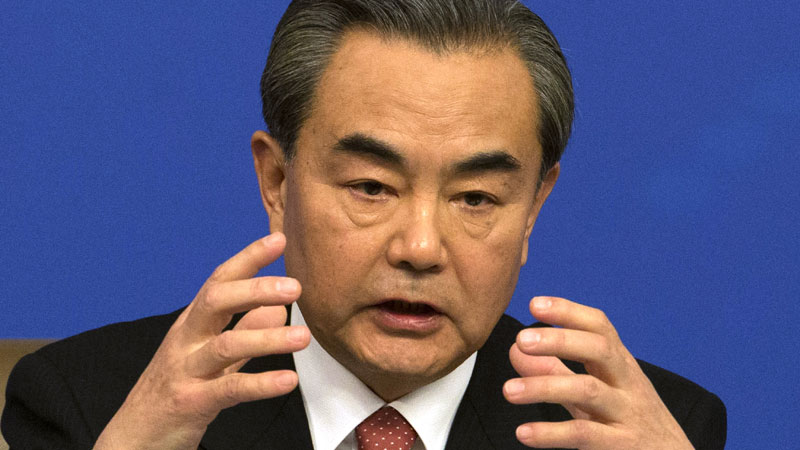Asean-China talks in disarray amid sea row
A meeting between Asean and China with a focus on the commemoration of 25 years of dialogue relations between the two sides has ended in disarray for the grouping and with concerns about its ability to speak with one voice.
At Tuesday’s special meeting in the Chinese city of Kunming, the South China Sea territorial disputes took center stage, with the two sides airing their differences.
In a sign of how wide those differences were, a planned joint press conference failed to take place, with only Chinese Foreign Minister Wang Yi addressing the press.
For Asean, it ended with what was described as a “diplomatic fiasco” by Iseas-Yusof Ishak Institute analyst Ian Storey.
Malaysia issued what it said was a joint Asean statement on the meeting’s outcome on Tuesday evening, only to retract it hours later, saying “there are urgent amendments to be made.”
Article continues after this advertisementIt is understood, however, that the statement had been blocked because Laos and Cambodia – both reliant on China for investment and aid – had objected to it.
Article continues after this advertisementMalaysia went ahead to release it anyway, out of frustration over Chinese pressure on the grouping over the South China Sea disputes, according to an Asean official.
As a further sign of Asean states being out of step with one another, Indonesia yesterday said the statement was issued “in error,” according to Agence France-Presse. Its Foreign Ministry spokesman Arrmanatha Nasir told The Straits Times that what was sent to the media was a “media guideline” and not a communique.
A Malaysian Foreign Ministry spokesman refuted this, saying: “An Asean statement would not have been issued without a consensus. Whatever was released is the statement of Asean. If not, it would be a breach of trust and there would be no unity.”
The episode has some questioning the unity of Asean, including Malaysia’s The Star newspaper. It said in a commentary: “Drama or not… the Kunming meeting proved one thing. Asean members are not speaking in unity vis-a-vis the South China Sea.”
It noted, too, the debacle in 2012 when, for the first time in Asean’s history, a foreign ministers’ meeting ended without a joint communique “because of disagreement over the growing assertiveness of China in the South China Sea.”
While Asean states on Tuesday agreed to separately issue their own statements, only Vietnam, Indonesia and Singapore have done so.
Asean’s failure to issue a joint statement is problematic for the bloc.
“In the face of rising tensions in the South China Sea, and growing rancour between the United States and China, Asean finds it increasingly difficult to speak with one voice. As a result, it struggles to maintain relevance and risks marginalisation,” said Dr. Storey./rga
RELATED STORIES
China to pay price of defiance
For comprehensive coverage, in-depth analysis, visit our special page for West Philippine Sea updates. Stay informed with articles, videos, and expert opinions.
